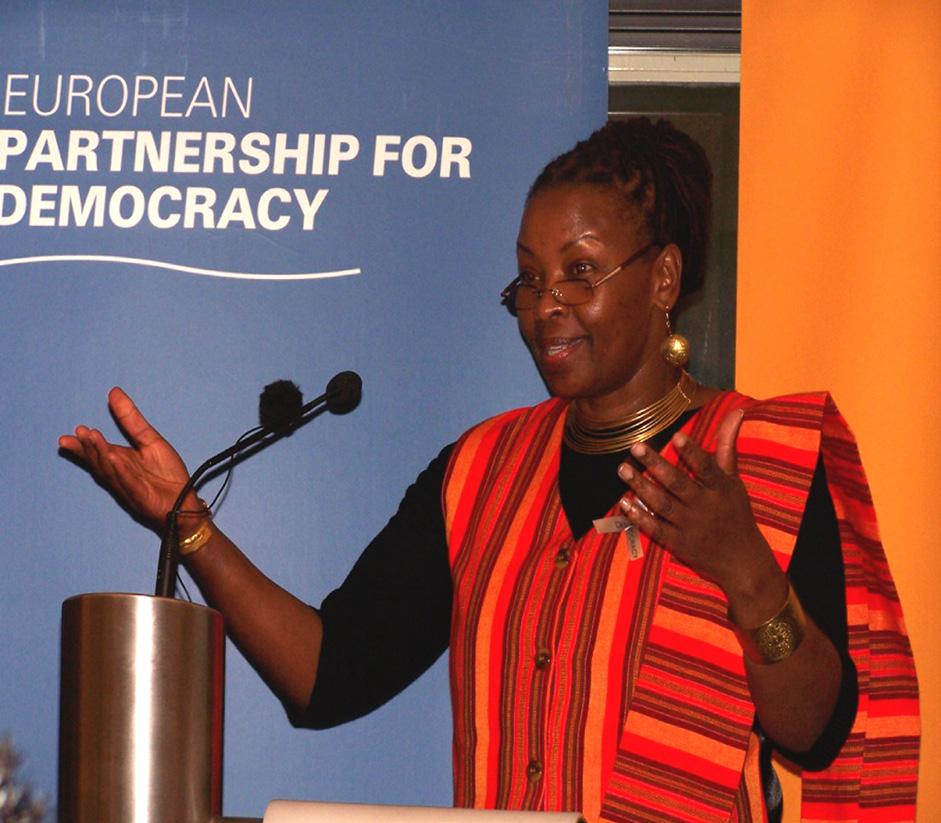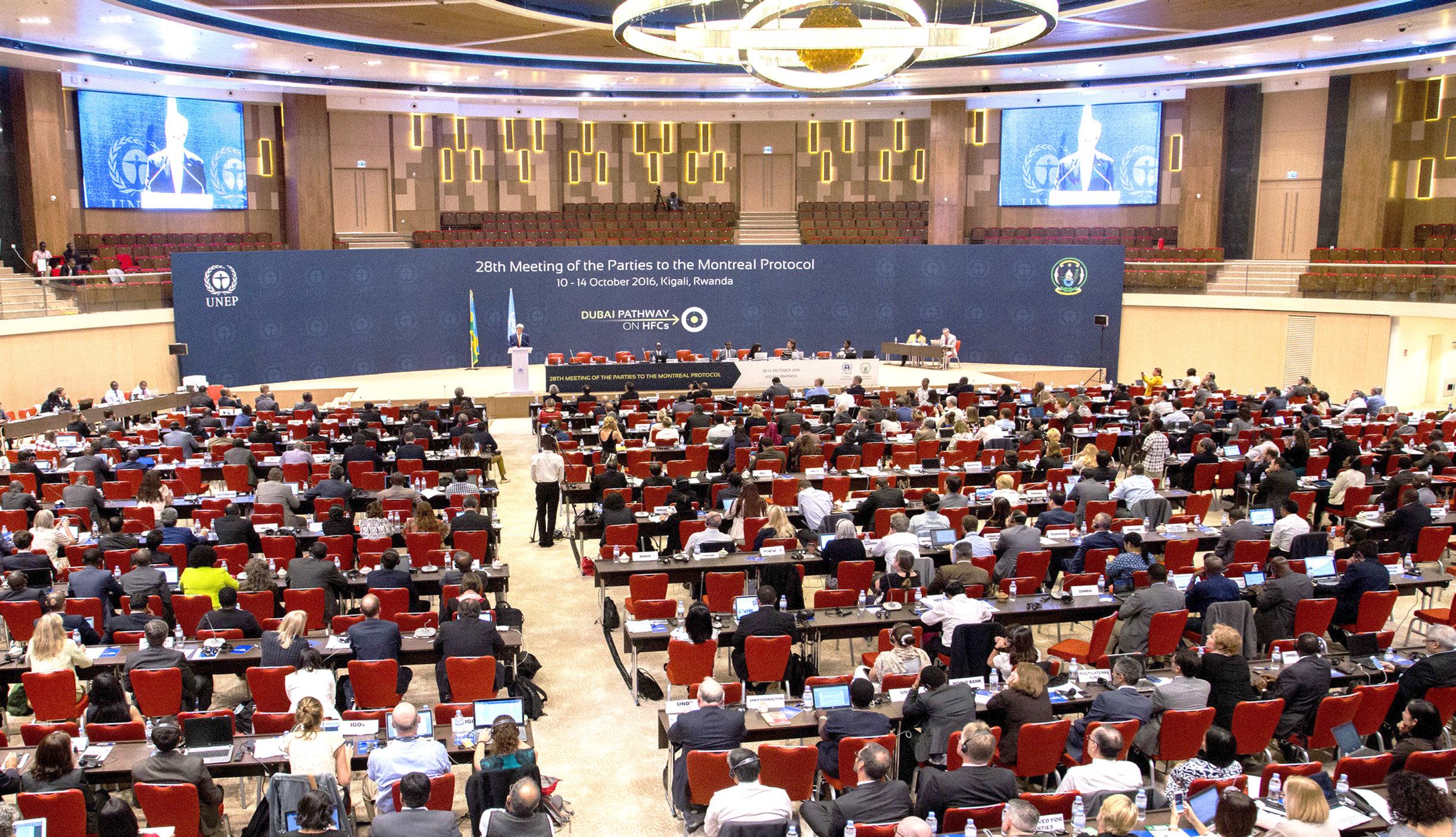BUSINESS & ENVIRONMENT
BUSINESS ALLIANCE: Embraces Sustainable Development Goals
Through the SDGs, inclusive business has reached a “tipping point” and is changing the way business is done. By Staff Writer
Business Call to Action (BCtA)
held its 2016 Annual Forum on the sidelines of the 71st UN General Assembly (UNGA), with a focus on “inclusive business” and how it can contribute to the Sustainable Development Goals (SDGs). BCtA launched two publications during the Forum: a joint report and toolkit to guide companies toward sustainable practices, produced with Deloitte and the UN Development Programme (UNDP); and a joint report produced with the Global Reporting Initiative (GRI) on measuring business’ contributions to the SDGs.
Paula Pelaez, head of BCtA, highlighted the new commitments to inclusive business objectives that had been made by BCtA members in the past year. Magdy Martinez-Soliman, UNDP, called on businesses to demonstrate that social good and sound business goes hand-in-hand, and that their core processes facilitate the creation of an inclusive economy.
BCtA is a multilateral alliance among donor governments and UNDP, which hosts the Secretariat. Its member companies apply inclusive business models to engage people at the “base of the economic pyramid” (BoP) as consumers, producers, suppliers and distributors of goods and services, to contribute to development.
Keynote speaker Jayanth Bhuvaraghan, Essilor, reported that over US$200 billion is lost each year in productivity due to uncorrected vision problems, making vision screening and accessible care a precondition for the SDGs’ achievement. He underscored the need for scalable business models that are financially sustainable, and adapting these models to meet the needs of different consumers. By tapping into business potential in BoP markets, said Bhuvaraghan, businesses can develop a loyal consumer base, sowing the seeds for long-term growth.
The seventh annual Forum, which convened on 22 September 2016, in New York, US, gathered leaders from BCtA member companies, and officials from governments, donors, the UN and civil society.
In a panel discussion on ‘Greater impact and scale for the SDGs,’ held in partnership with Business Fights Poverty, moderator Laura Gitman, Business for Social Responsibility (BSR), said the
22
EnviroConserveAFRICA August/October 2016
SDGs provide a blueprint to help businesses coordinate their work for sustainability. Panelists emphasized the SDGs as an opportunity for companies to benefit low-income communities through their core businesses. To achieve local production and distribution, they noted the need for an enabling policy environment, and mitigating the risks of supply limitations and restrictive regulations. Speakers also: said companies can mainstream sustainability at the senior-management level by basing executive compensation on non-financial objectives; and supported measurement of social as well as economic impacts. In a panel on ‘Supporting inclusive business through multi-stakeholder action,’ moderated by Marcos Neto, UNDP, speakers agreed that the SDGs are transforming the idea of partnerships, from “opportunistic financial arrangements” into multisector collaborations focused on common objectives and shared values. They said transparency is a building block of sustained partnership. In order to earn trust, said panelists, companies must collect data on operations in each country to demonstrate concrete social, environmental






